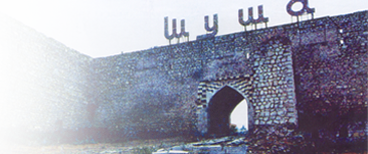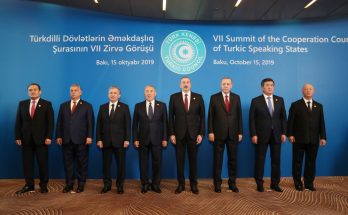
All conflicts in the participating countries of the EU Eastern Partnership program will be reflected in the final declaration of the Riga summit of Eastern Partnership on May 21-22, a high-ranking EU representative said on the eve of the summit.
The EU representative said that the conflicts existing in the Eastern Partnership countries, as well as the emergence of new conflicts cause concern for the EU, since they undermine the stability in the region.
Therefore, all the conflicts in the Eastern Partnership countries will be reflected in the summit’s final declaration, said the representative.
This is while the representative said that the Riga summit is not the format within which the mentioned conflicts can be resolved.
The Eastern Partnership program is one of two directions of the EU Neighborhood Policy. It was developed in 2004 to create a more solid relationship between the EU and neighboring countries.
The first summit of the Eastern Partnership was held in 2009 in Prague ( the Czech Republic), the second – in 2011 in Warsaw (Poland), the third summit was held in November 2013 in Vilnius (Lithuania).
One of the conflicts in the Eastern Partnership counties is the Armenian-Azerbaijani Nagorno-Karabakh conflict.
The conflict began in 1988 when Armenia made territorial claims against Azerbaijan. As a result of the ensuing war, in 1992 Armenian armed forces occupied 20 percent of Azerbaijan, including the Nagorno-Karabakh region and seven surrounding districts.
The two countries signed a ceasefire agreement in 1994. The co-chairs of the OSCE Minsk Group, Russia, France and the US are currently holding peace negotiations. Armenia has not yet implemented the UN Security Council’s four resolutions on the liberation of the Nagorno-Karabakh and the surrounding regions.
/Trend/




